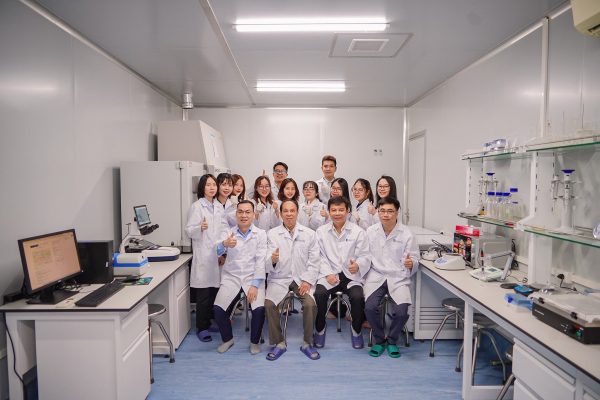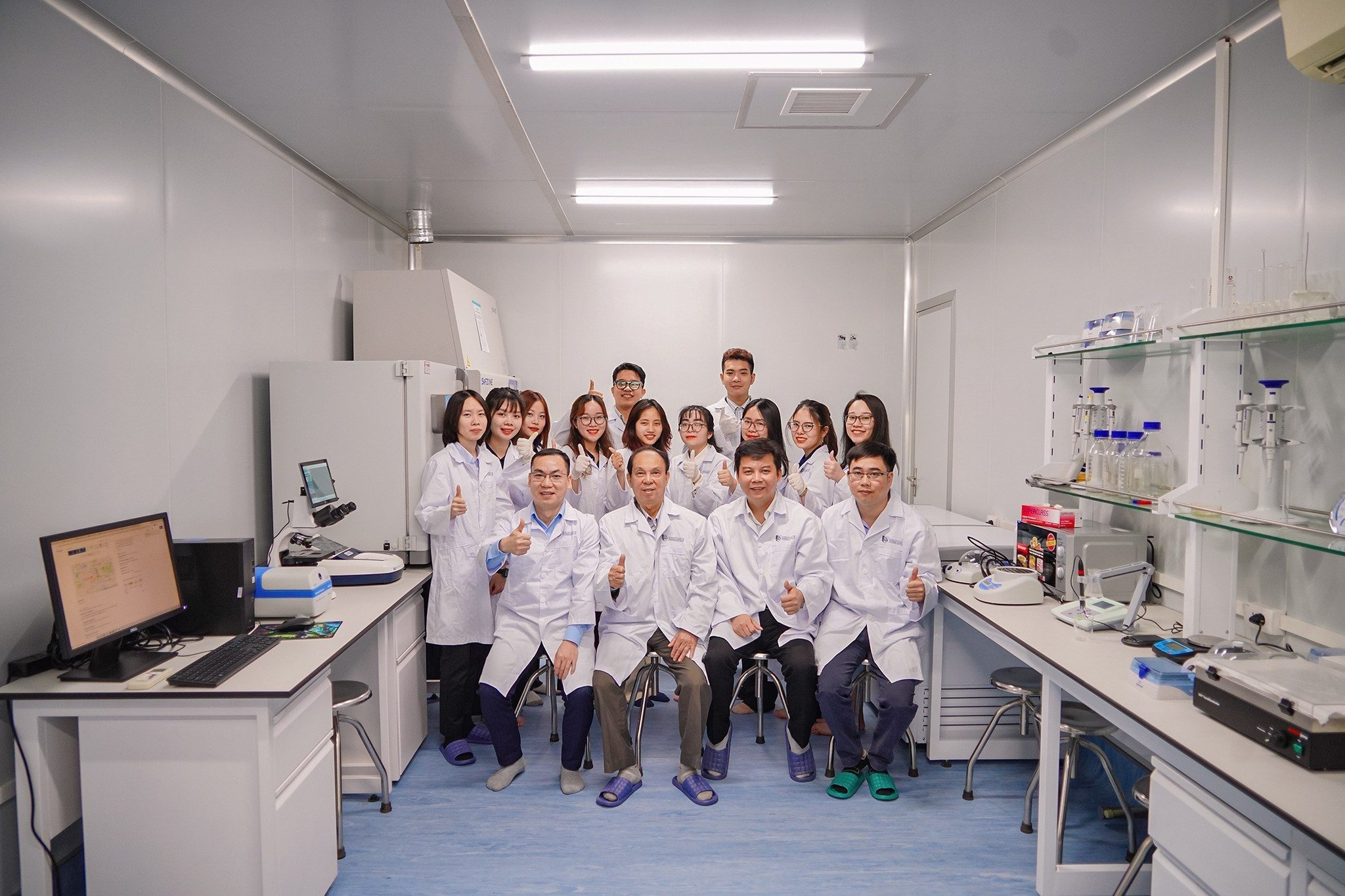At the beginning of 2024, the Vietnam National University, Hanoi (VNU) issued Decision No. 4774/QD-VNU on the program and training tasks for the master’s degree program in the field of Biomedical Engineering Technology with a research-oriented specialization for the International School. Therefore, in 2024, the University will organize the enrollment and implementation of a new field of study – a field with promising prospects, an interdisciplinary field closely linked to the Fourth Industrial Revolution.
The Master of Biomedical Engineering Technology program is a newly developed and interdisciplinary training program that integrates with the existing fields of study at the International School to complete the training framework. The program is built on a sustainable development strategy regarding human resources, infrastructure, and the research strengths of the School. It is based on research directions/research groups in the fields of biomedicine, information technology, and biomedical electronics at the Faculty of Applied Sciences and the Center for Biomedicine and Community Health. Biomedical engineering is currently a promising field with strong development trends in the region and globally, along with high employment demand and opportunities.
The program is designed and developed to be suitable for graduates of undergraduate programs in fields such as Biomedical Engineering, Biomedical Sciences, Biology, Applied Biology, Biological Education, Medicine-related fields, Pharmaceutical Sciences, Medical Laboratory Technology, Medical Imaging Technology, Sports Biotechnology, and related fields in Biomedicine, Pharmaceuticals, and Life Sciences, as well as technologies and engineering applications in healthcare.
The Master of Biomedical Engineering Technology equips learners with three knowledge and skill domains: Molecular Biology (stem cells, genetic medicine, etc.), IT and AI/IoT applications in healthcare, and Biomedical Electronics. These knowledge and skills provide learners with a competitive advantage in job applications and suitability for the job market. The teaching faculty in the program is the team of highly qualified and experienced experts/lecturers who have received comprehensive training abroad in the field of Biomedical Engineering and Molecular Biology, including 1 Professor, 1 Associate Professor, and 9 PhDs, among them Professor Nguyen Duc Thuan – the pioneer of Biomedical Engineering in Vietnam. Teaching faculty also involves experts and businesses in the field of Biomedical Engineering and Molecular Biology within the VNU ecosystem, as well as domestic and international partners such as the Institute of Microbiology and Biotechnology, Phacogen Healthcare and Diagnostic Institute, GENTIS Genetic Analysis Services Joint Stock Company, and National Cheng Kung University (Taiwan, China). Learners also have the opportunity to study and research under the guidance of foreign experts from the EU, Japan, South Korea, and Taiwan (China).

Professor Nguyen Duc Thuan – the pioneer of Biomedical Engineering in Vietnam – will participate in teaching within the program.
Furthermore, the Master of Biomedical Engineering Technology program is developed in collaboration with research groups related to health at the International School, including 2 out of 36 strong research groups under VNU. Each year, these groups carry out approximately 10 scientific research topics at various levels, publish about 30 WoS/Scopus papers, and contribute to 10 reputable international books/chapters related to health and biomedicine.
The International School provides an integrated, professional, and dynamic learning and research environment. The University is also proud to be among the top 3 units with excellent research capacity and publications within VNU.
Upon graduation from the program, learners have numerous employment opportunities, career advancement prospects, and especially the opportunity to receive exchange scholarships or pursue doctoral studies at partner institutions of the International School in the fields of Biomedical Engineering, Information Technology, and AI applications in healthcare and Biomedicine.
